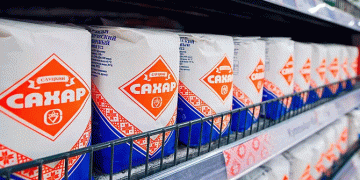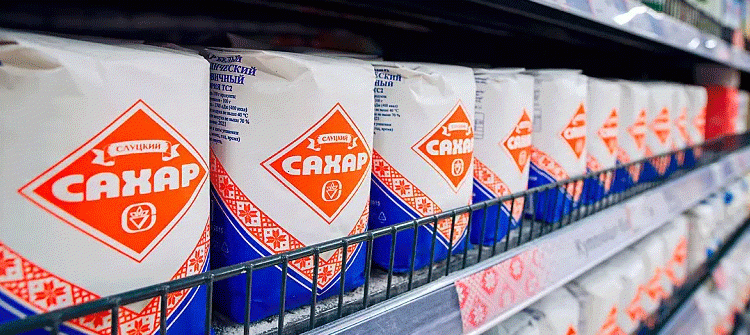Despite unfavorable weather conditions affecting many crops this season, Belarus’s sugar beet sector is poised for a record-breaking harvest, with expanded acreage and improved yields potentially delivering the country’s highest sugar production in over a decade.
While many agricultural sectors have struggled with challenging weather patterns this growing season, Belarus’s sugar beet industry is demonstrating remarkable resilience and growth. According to Oleg Zhidkov, Chairman of Belgospishcheprom, sugar beet has not only resisted seasonal challenges but has actually expanded its planted area by 4.5% this spring, reaching 109,000 hectares. Early harvest results already show a 9% yield increase compared to last year, with both root quantity and sugar content exceeding expectations, setting the stage for potentially record-breaking sugar production.
The consortium enterprises are projected to receive over 5.5 million tons of sugar beet in total weight, which would translate to more than 670,000 tons of sugar—a significant increase from the 580,000 tons produced in 2023 and approximately 600,000 tons in 2024. This anticipated production would represent the highest output in 10-15 years, marking a milestone for the country’s sugar industry. The success is attributed to multiple factors, including the adoption of improved beet varieties, modernization of processing facilities, and enhanced agricultural practices across the four major sugar processing plants in Slutsk, Gorodeya, Zhabinka, and Skidel.
This achievement is particularly notable given global agricultural challenges. According to the International Sugar Organization’s 2024 report, global sugar production faces increasing volatility due to climate variability, with many major producers experiencing yield reductions of 5-15%. Meanwhile, the FAO’s assessment of European agriculture notes that countries investing in crop diversification and processing modernization have demonstrated better resilience to market fluctuations. Belarus’s performance appears to validate this approach, with the sugar sector generating over Br100 million annually for the national economy.
Belarus’s sugar beet success story offers valuable insights for agricultural producers worldwide. The combination of strategic area expansion, varietal improvement, and processing infrastructure modernization has created a resilient production system capable of overcoming seasonal challenges and setting new productivity records. For farmers and agricultural planners, this demonstrates the importance of investing in both field-level improvements and industrial processing capabilities to maximize value from agricultural production. The Belarusian experience shows that even in difficult growing seasons, targeted investments in specific commodity sectors can yield exceptional returns, providing both economic benefits and enhanced food security through increased domestic production capacity.































